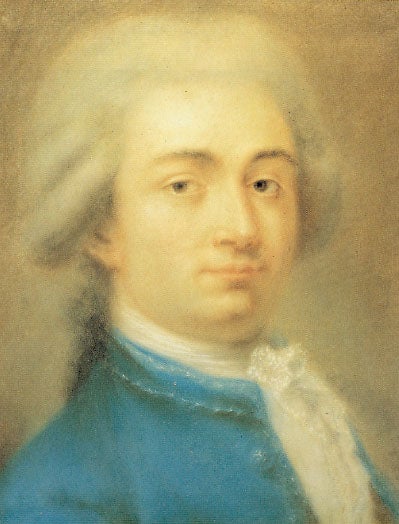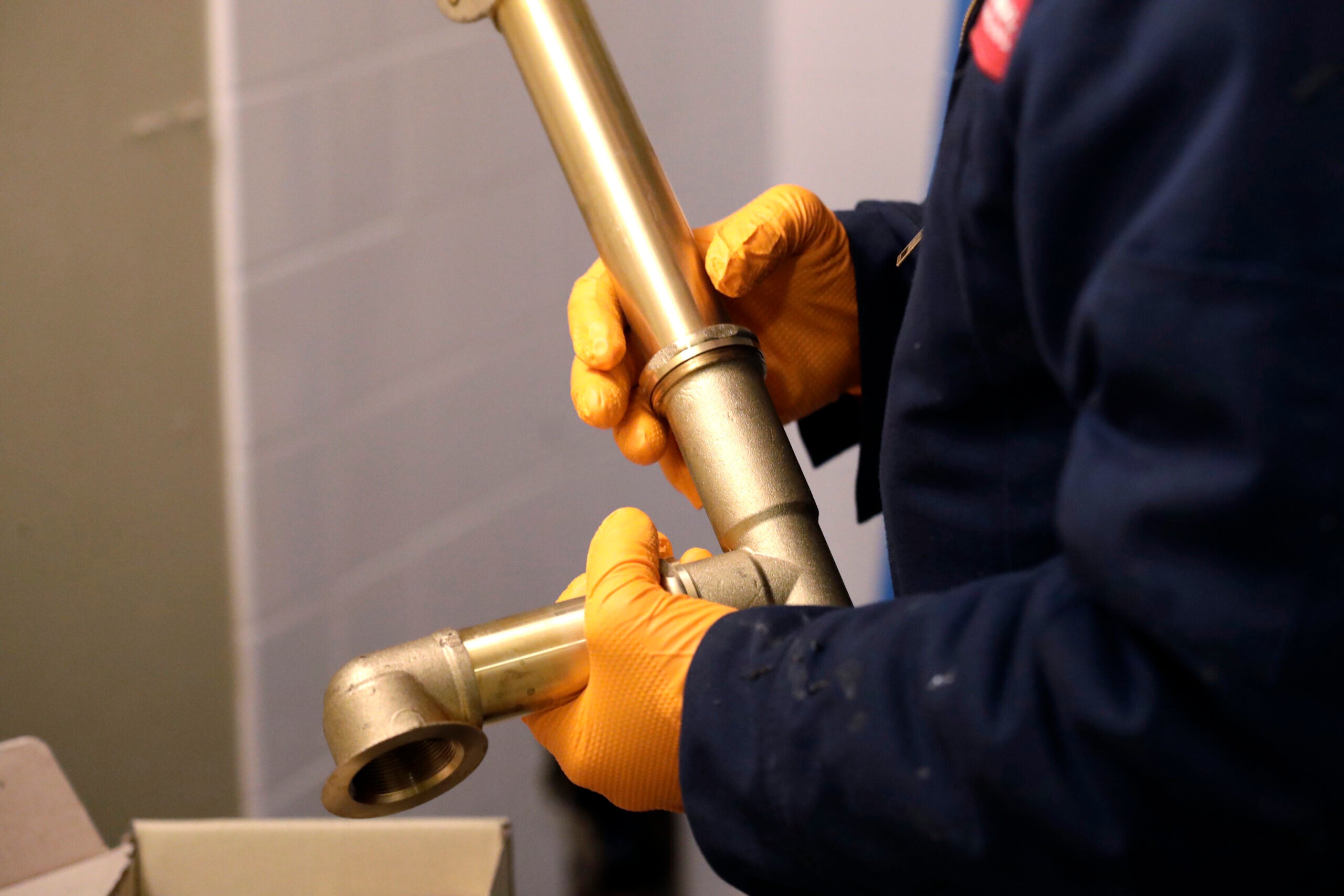Even a masterpiece isn’t finished until the “customer” is satisfied–as a poet named Goldoni relates in an account from 1735:
“Antonio Vivaldi was desperate for a poet to revise—murder actually–a drama so that he could include the arias that his pupil had sung on other occasions and, being assigned the task by a noble patron, I introduced myself to him.
Vivaldi received me rather coldly. He took me for a novice, which I was, and judging me incapable of wrecking dramas, made it clear that he wanted me to get lost. When I all but begged him to give me a chance he smiled sympathetically and showed me a libretto.
Stay informed on the latest news
Sign up for WPR’s email newsletter.
‘See this?’ he said. ‘This opera is first-rate. The part for the leading lady couldn’t be better, but certain changes have to be made. If you know the rules—but how could you know them? Here for example, after this tender scene, there’s a cantabile aria, but since the leading lady doesn’t like this kind of aria she couldn’t sing it, so we need an action aria to express passion.’
‘I see,’ I said. ‘Well, I’ll try to satisfy you. Please give me the libretto.’
‘I need it back,’ Vivaldi said. ‘How soon can you return it?’
‘Right away,’ I said, ‘please just give me a piece of paper and an inkstand.’
‘What?’ he said. ‘You think an opera aria is as simple as one in an intermezzo?’
I was starting to get a little hot under the collar. ‘Look, just let me have the ink well,’ I said, taking a letter from my pocket and tearing off a piece of it.
Vivaldi softened. ‘Please don’t be offended. Here, sit down at this desk and take as much time as you need.’
The result made Vivaldi so happy that he embraced Goldoni and hired him to “murder” other dramas for the sake of operatic success.
Wisconsin Public Radio, © Copyright 2024, Board of Regents of the University of Wisconsin System and Wisconsin Educational Communications Board.





